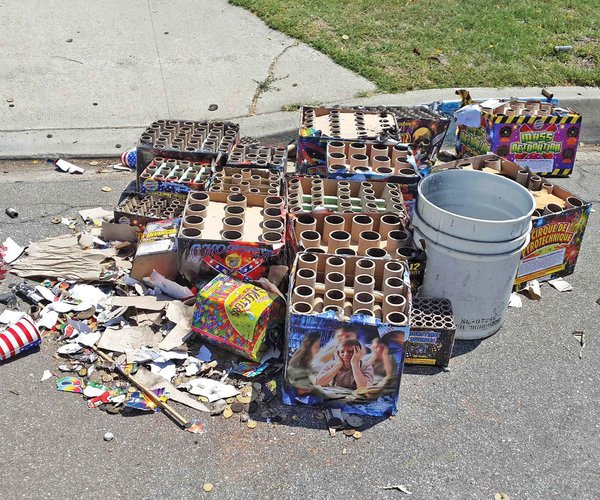To help minimize the spread of coronavirus, Ceres Unified School District campuses are closed for the remainder of the 2019-20 academic year.
CUSD students begin Phase II of Distance Learning during lock-down





